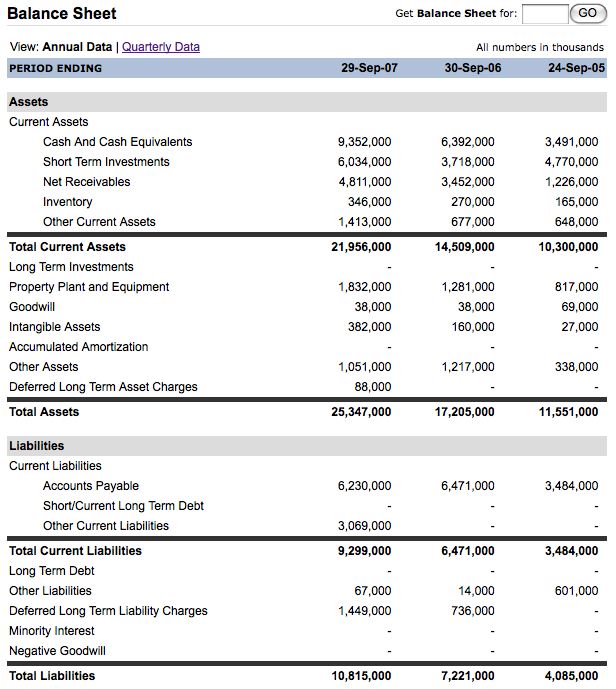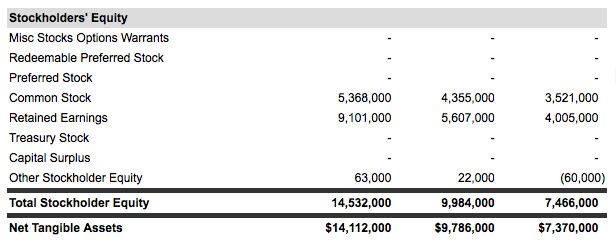As a personal finance blogger I find it interesting to read other personal finance blogs not only to learn from these individuals but also to see how they perceive money and the world around them. You can always find links to some of my favorite finance blogs in my blogroll, but today I want to talk a little bit about a fantastic personal finance blog that has been around for a while now: MoneyNing.
I bring up MoneyNing for two reasons. The first reason is that David knows his stuff and he is committed to sharing with his readers what he’s learned from his own financial life. The second reason is that I’m actually being featured on his blog today with a guest post that I wrote about my journey to prosperity.
A Journey To Prosperity
For today’s post I’d like to expound a little bit more on the goals that I’ve set for myself on my journey to prosperity. Before you continue reading here you definitely ought to check out Debit and Credits Plan to Prosperity over at MoneyNing (clicking the link will open in a new window) and then come on back for some further clarification.
Ok. Did you read it? What did you think? Please if you have any comments related specifically to that article leave them over at MoneyNing. Otherwise let me help you understand a little bit more about my financial goals.
Being Rich Requires Thinking Rich
Like I mentioned over at MoneyNing I think that being prosperous is so much more than just being lucky. It requires hard work and dedication to achieve wealth. As an example let’s take a look at the worlds richest man, Warren Buffett. This is a man who has worked hard and smart every single day of his life. His wealth didn’t come easy to him, but because he was willing to learn and willing to work hard he’s been able to achieve extraordinary things. Being extraordinary doesn’t just come from hard work though, it requires some level of goal setting and follow-through. Think of it this way: If you want to be rich then you need to learn how to be rich.
I’ve set several goals for myself. Let me share them with you now, along with how I plan to achieve them:
- Be in a position to retire by the age of 55
I will contribute as much as possible to my 401k retirement plan. Currently this number is 10% of my income.
I will make smart financial decisions such as only buying a house that I can easily afford.
- Build my personal net worth to $1 million plus dollars
I will keep my liabilities (debt) to a minimum by buying only what I can afford.
I will make smart investment decisions to grow my net worth at a minimum of 10% a year.
I will continue to save money out of my paychecks beyond what I’m saving for retirement.
- Avoid debt as much as possible
I will not use my credit cards for everyday purchases unless I have the cash set aside to pay them off immediately.
I will not make foolish decisions and purchase things that I can’t afford with cash and that I don’t really need.
When I make large purchases (such as a house or car) I will compare my options and borrow as little as possible.
Those are the goals that I’ve set for myself; my roadmap to prosperity, if you will. Do you have a plan to achieve prosperity? I want you all to sit down and think about what you really want out of life and how you can achieve it. It might require some cutting back at first but in the long-run you’ll thank me, but more importantly you’ll thank yourself.


 The month of October has come and gone, and so has the very first contest that I’ve ever held at Debit versus Credit. I’m happy to announce the winners of the contest.
The month of October has come and gone, and so has the very first contest that I’ve ever held at Debit versus Credit. I’m happy to announce the winners of the contest.